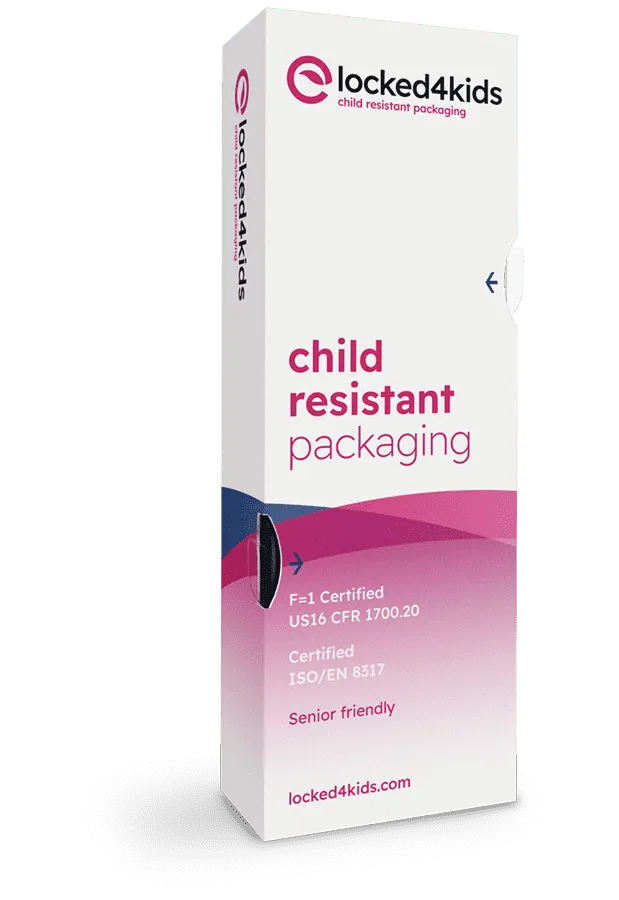Molded pulp packaging has been gaining attention as an environmentally friendly option in the packaging industry, offering an appealing alternative to traditional materials like plastic and styrofoam. As businesses and consumers increasingly prioritize sustainability, understanding the recyclability of molded pulp packaging becomes essential.
What is molded pulp packaging?
Molded pulp, or moulded pulp, is a packaging material typically made from recycled paperboard or natural fibers from agricultural waste. The process involves mixing the fibers with water to create a slurry, which is then molded into specific shapes through a variety of techniques. Once formed, the products are dried and can be used for packaging a wide range of items, from eggs and food containers to electronic devices and healthcare products. Read more about the benefits and challenges of molded pulp packaging.
The sustainability of molded pulp packaging
Recyclability: Yes, molded pulp packaging is recyclable. It can be placed in recycling bins with other paper products, provided it is free from contaminants like food residue. Molded pulp is crafted from recycled paperboard and natural fibers, making it a sustainable packaging option. Additionally, it is compostable and biodegradable, breaking down naturally in composting environments. This material helps reduce waste in landfills, conserve resources, and lower greenhouse gas emissions.
Energy and resource efficiency: The production of molded pulp uses considerably less energy than plastic manufacturing, primarily when the pulp is made from recycled materials. It also utilizes water more efficiently during the production process, which is significant given global concerns over water usage.
Carbon footprint: The carbon footprint associated with the production, use, and disposal of molded pulp is significantly lower than that of many other packaging materials. Its ability to be made from local agricultural waste or recycled paper also reduces the need for long transportation distances, further decreasing its overall carbon footprint.
Applications in retail and healthcare packaging
Companies like Ecobliss are at the forefront of integrating sustainable practices into their product offerings. For instance, innovations such as the Locked4Kids Wallet Box showcase how sustainability can be embraced without sacrificing safety and functionality. The Wallet Box, entirely made from paper, exemplifies a significant shift towards using materials like molded pulp, aligning with broader environmental goals and consumer preferences. Curious if this packaging makes more sense for low or high volume packaging? Find out here!
Challenges and considerations
While molded pulp is highly beneficial from an environmental perspective, there are challenges to consider:
- Structural integrity: Depending on the application, molded pulp may not always offer the same level of protection as plastics. This is particularly relevant in industries like electronics, where sensitive components require robust packaging.
- Moisture resistance: Molded pulp is susceptible to moisture, which can compromise its structural integrity. Although advances are being made, such as the addition of natural waxes or other coatings, these solutions must be balanced with maintaining the packaging’s recyclability.
Molded pulp packaging is indeed recyclable and presents a sustainable option that aligns with global efforts to reduce waste and promote environmental stewardship. For more insights into sustainable packaging solutions and to discover how they can benefit your business, contact our team to learn more.
Request a free sample now!


.png)








